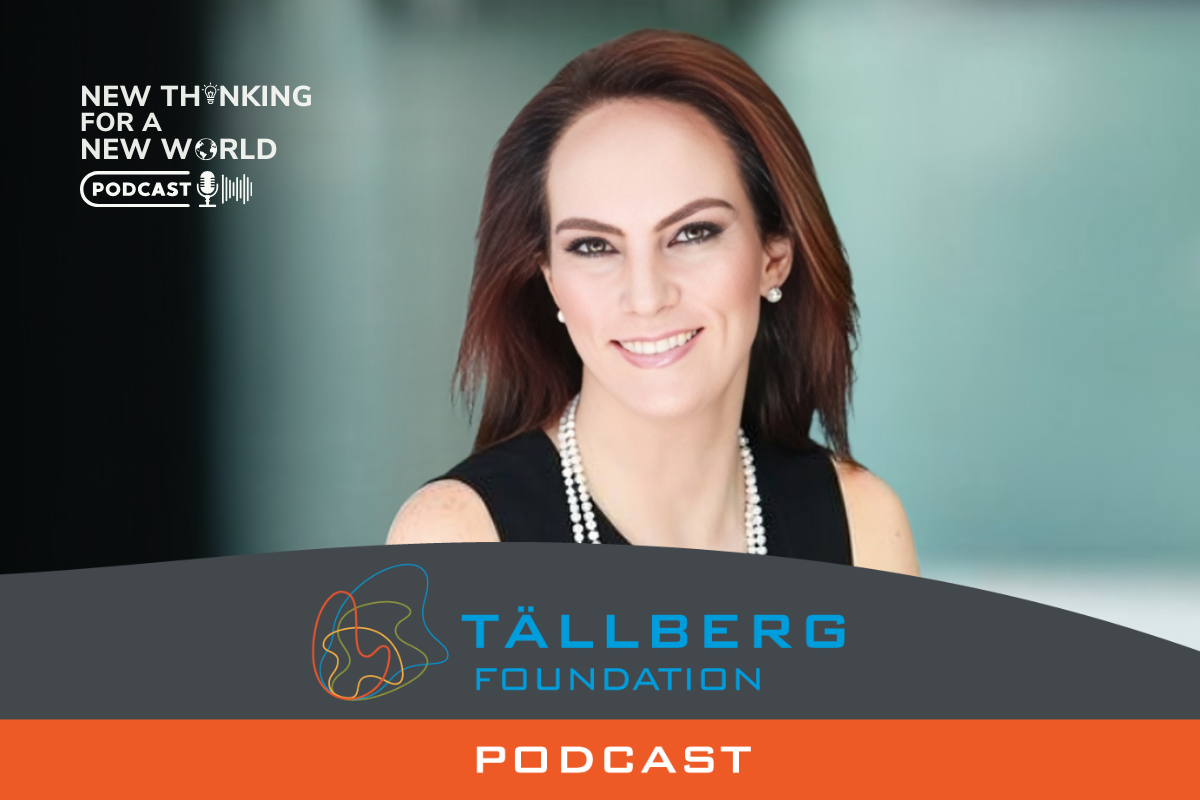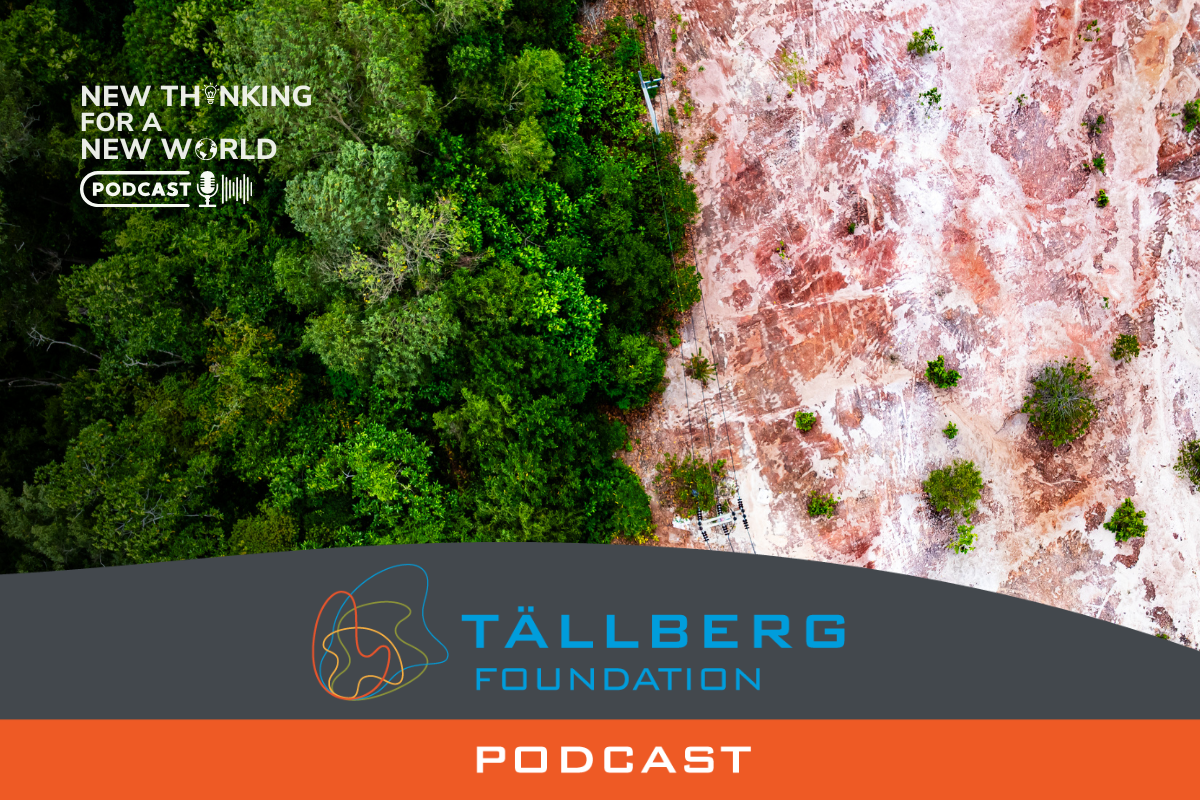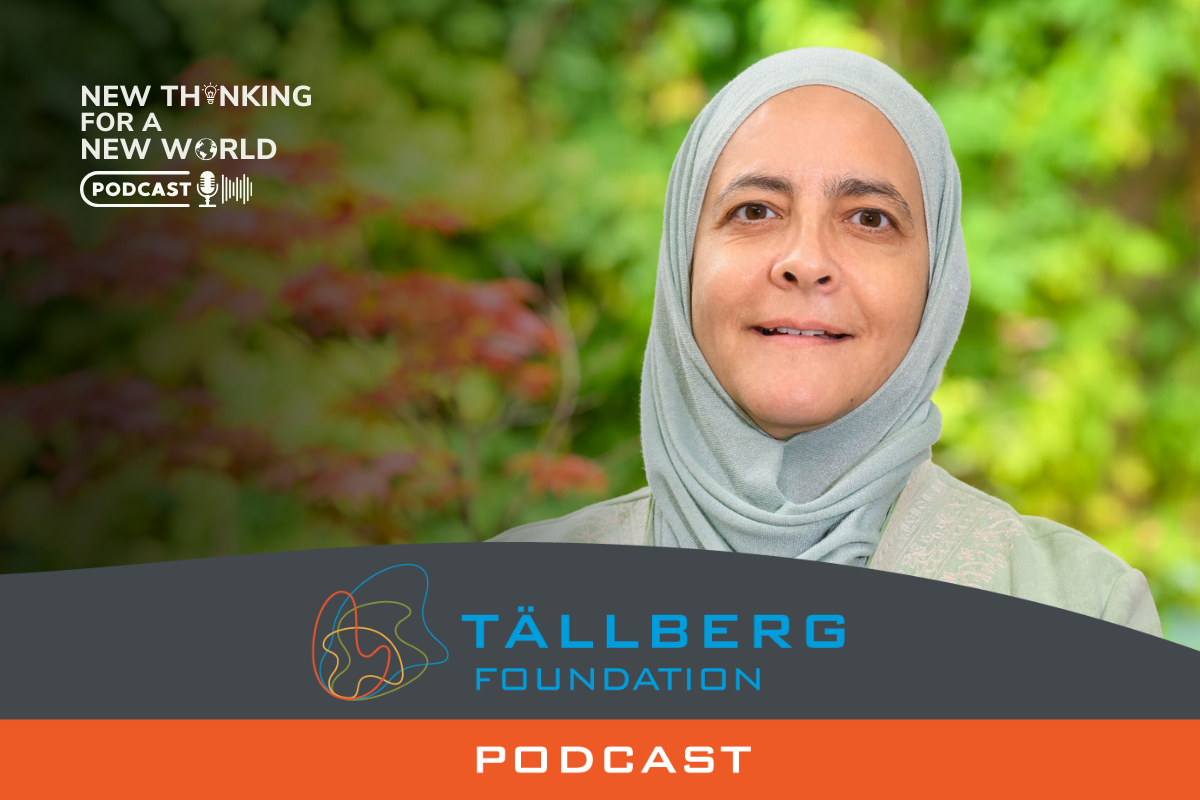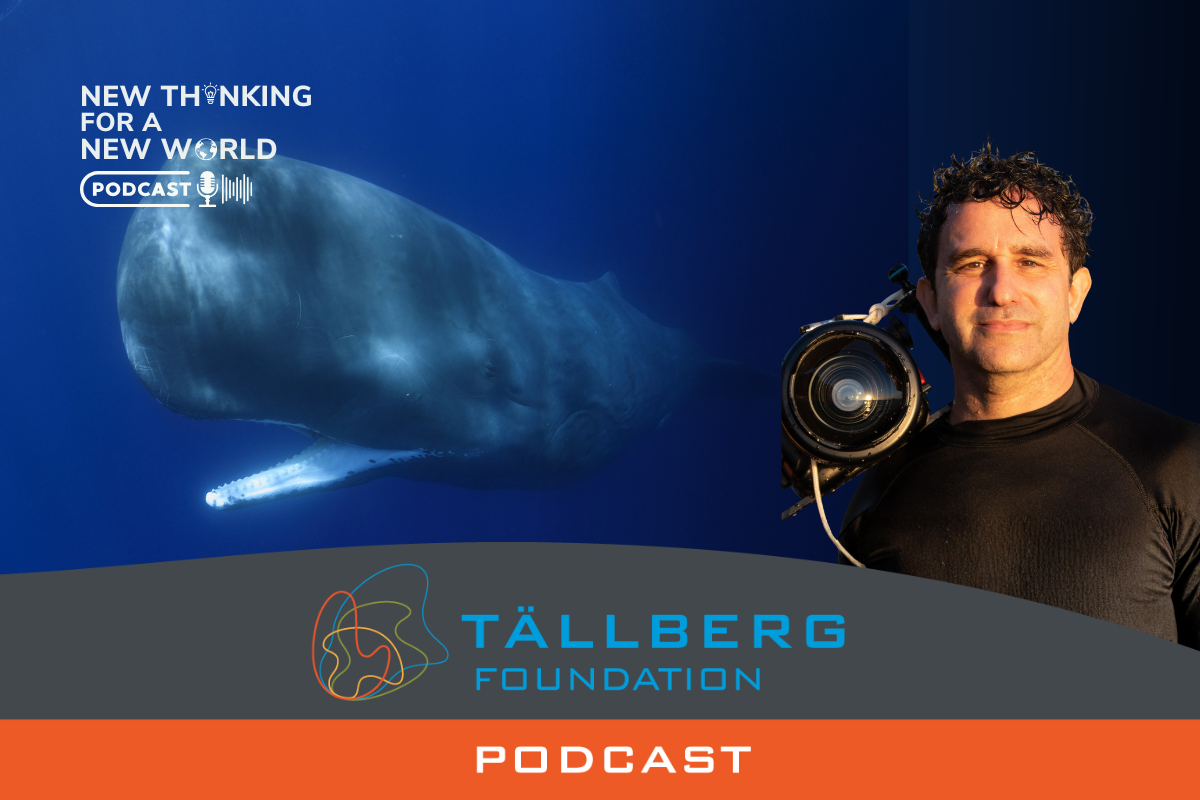Why not? The country’s inflation rate is approaching 150%. 40% of its people live in poverty. The currency is practically worthless. And Argentina is the IMF’s largest debtor because practically no one else will lend it money.
By any definition, the country is an economic basket case. However, unlike the rest of the world’s failed economies, Argentina has a well-educated population, innovative world-class tech sector, robust natural resources, and world-leading wheat, soybeans, and meat exports.
Arguably, Argentina isn’t a failed state, but it has mostly been run by failed politicians.
So it is not surprising that voters just opted to try something radically different, electing a president who describes himself as an “anarcho-capitalist” and promised to use a chainsaw (one of his favorite campaign props) to slash government spending. Can Javier Milei fix what’s broken? Will Argentina’s entrenched politicians get out of the way of his promised shock therapy?
Eduardo Amadeo is optimistic, as you will hear in this episode of New Thinking for a New World. That’s a good sign since Amadeo–economist, businessman, social entrepreneur, and politician—has spent much of his career trying to get his fellow countrymen headed in the right direction. Maybe a radical libertarian economist will finally get the job done.
Listen and tell us whether you think Argentina can finally escape the mess it has made for itself in the comments below.
Listen to the episode here or find the New Thinking for a New World podcast on a platform of your choice (Apple podcast, Spotify, Google podcast, Youtube, etc
ABOUT OUR GUEST
Eduardo Amadeo has served his country in many capacities, most recently (2015-19) as an elected member of the national Congress, representing Buenos Aires as a member of the Propuesta Republicana formed by President Macri. During his mandate he served as Chairman of the Finance Committee.
Previously, he was President of the Bank of the Province of Buenos Aires (1987-91), Secretary for Social Development of the Republic of Argentina (1994-98) and Ambassador to the United States (2002-3).
In addition, he was deputy chief of the Cabinet of Ministers and spokesperson for President Eduardo Duhalde. As Secretary for the Prevention of Drug Addiction and Control of Drug Trafficking (1998), he implemented the first comprehensive statistical system for drug demand in the country. In 1994, he became a fellow at the Woodrow Wilson International Center for Scholars.
He was first elected to Congress in 1991, where he became president of the education committee and secured the approval of the federal education law and the law for superior education.




0 Comments